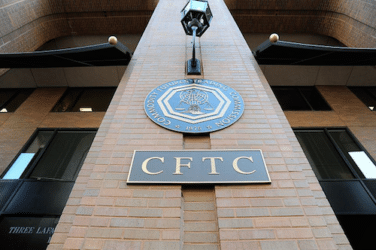
AFME is supportive of the development of a thriving digital economy within a clear legal and regulatory framework. As these frameworks continue to emerge around the globe, we believe that this is a crucial moment for the financial services industry and regulators to mitigate risks and prevent any unintended gaps in regulator perimeters. In particular, we believe it is crucial to avoid the potential exclusion of so-called “decentralised activities” as this could open opportunities for regulatory arbitrage and weaken the application of emerging frameworks. This exclusion could create unintended risks to financial stability and potential knock-on impacts. While as noted by the Financial Stability Board (FSB) the current overlap of DeFi and Traditional Finance (TradFi) is not yet significant, this should be actively monitored and managed.
Our white paper discusses the following principles:
- The importance of developing a foundational taxonomy classification mechanism for DeFi (and DeFi activities) as well as digital assets.
- Further research and global cooperation should be encouraged to determine the appropriate, proportionate, and comprehensive regulatory solutions for the unique challenges posed by DeFi.
- It is crucial to leverage existing processes and frameworks to create a holistic regulatory perimeter. Our paper includes recommendations for:
- Requiring authorisation prior to conducting regulated financial activities;
- The importance of choosing an appropriate accountability structure;
- An initial industry view on establishing a risk-based approach to DeFi; and
- Support for a ‘Level Playing Field’ and working towards consistent regulation despite varying levels of centralisation.
However, in discussing these principles it is important to note that this area of the market is still rapidly evolving and changing. This paper is not intended to be a definitive solution to the challenges posted by DeFi. It is instead a foundational piece of work to further explore some of the technical issues posed by this new area of digital finance, as well as raise some initial proposals on how DeFi could be addressed from a regulatory standpoint. We aim to open an initial discussion across industry on this topic, and look forward to continuing to work on innovative policy solutions for DeFi with both the public and private sector, especially as we look ahead to the Regulatory Technical Standards (RTS) for the Markets in Crypto Assets (MiCA) Regulation, and eventually MiCA 2.
Source: AFME






